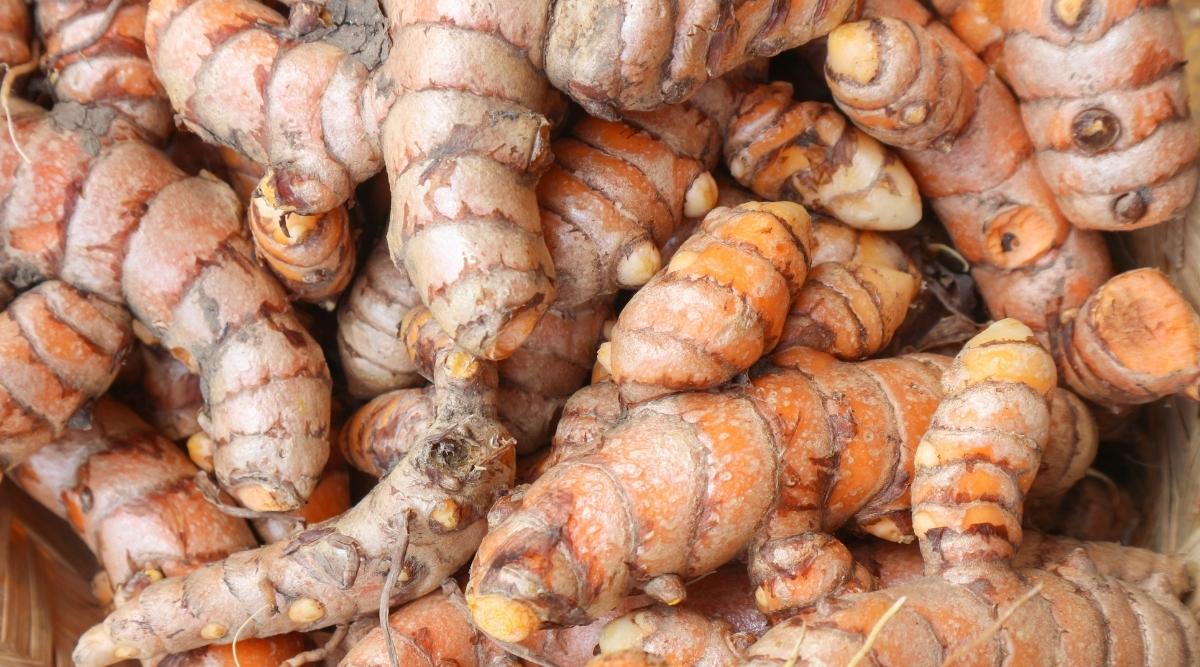India has exported 1.8 million tonnes of wheat to several countries, including Bangladesh and Afghanistan, since the country banned exports of the grain on May 13, according to Food Secretary Sudhanshu Pandey. About 33,000 tonnes of wheat as compassionate assistance has already been supplied to Afghanistan against the commitment of 50,000 tonnes, he said.
“It is important here to explain that the recent decision by the Government of India (GoI) to bring about regulation on wheat exports was essentially taken to protect domestic availability as well as availability to dependent countries to whom supplies cannot be ensured by market forces,” said, Sudhanshu Pandey.
Pandey further said that the COVID-19 pandemic has severely impacted world food security, which has been further exacerbated by recent geo-political developments and the impact of climate change. He also shared that the world is now faced with rising costs of food, fertilizers, and fuel. The Global South, the developing and least developed countries, and the world’s most vulnerable, have been particularly impacted in an inordinate manner.
India is making a genuine effort to adopt an entire approach to agriculture and make it more sustainable, including through effective water and soil management, and improving crop diversity and production practices. Sustainable food processing technologies are being adopted to reduce the overall carbon footprint, including through the adoption of waste utilization, resource recovery, and circular economy in the food industry, he added.
Digital technology is now playing an important role in empowering the farmers of India through crop assessment and digitization of land records. Post-harvest infrastructure has also been strengthened, including through the creation of an Agriculture Infrastructure Fund of 1 trillion as well as the establishment of a cold chain storage capacity of 35 million tons in recent years and a program for 12 million tonne capacity for silo construction.

